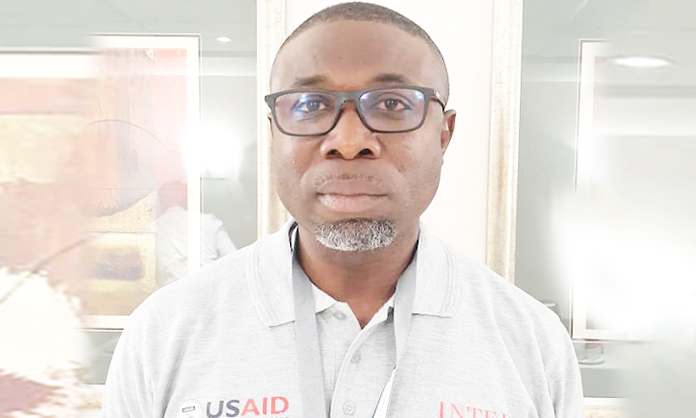An African continental organisation says it is willing to help Namibia establish its own teachers’ regulatory authority.
Africa Federation of Teaching Regulatory Authorities (Aftra) secretary general Chirstian Addai-Poku on Monday said the federation is committed to helping Namibia regularise the teaching profession.
“We have interacted with the Ministry of Education, Arts and Culture and have indicated our support to the government of Namibia to establish its own teachers’ regulatory authority.
“It is so important. You cannot have a profession that is not regulated,” he said.
Addai-Poku was speaking ahead of the 10th Aftra conference which started in Windhoek yesterday, where educators from Africa are meeting for a teaching and learning conference.
The four-day event is held under the theme ‘Transforming Education in Africa: Teachers, Teaching, and the Teaching Profession’.
According to the education ministry, delegates will break down the roles of the education ministries and teaching regulatory authorities pertaining to the fourth Sustainable Development Goal and the Continental Education Strategy for Africa 2016 – 2025.
Namibia National Teachers Union (Nantu) secretary general Loide Shaanika yesterday said the event is taking place at a time when Namibia is attempting to regulate the teaching profession.
She said the countries taking part in the conference have long-established regulatory authorities for teachers.
“Namibia is in the process of drafting a bill and working towards legislation, so at least we have an act that speaks to the establishment of a council to regulate the teaching profession in Namibia,” Shaanika said.
She said the conference will enable Namibia to learn the best practices and inform “our process of establishing a council”.
Shaanika said Nantu has been championing the establishment of a teachers’ council since 2011, when the union became an associate member of Aftra.
“We have been advocating that such a body be established because it will regulate the profession, set standards, and allow for continuous development programmes for teachers,” she said.
Shaanika said a teachers’ council could regulate the teaching institutions in the country.
“As we are speaking, any institution can train teachers, and anybody can become a teacher. So there are clear standards and requirements for one to become a teacher,” she said.
The conference is being hosted by the education ministry together with Nantu and Aftra.
As registrar of the National Teaching Council of Ghana, Addai-Poku is in charge of the professional development and licensing of teachers in the west African country.
He said Aftra was established in 2011 to regulate teachers in Africa.
“Globally, we know that in order to be able to achieve education outcomes that are desirable, you need the right calibre of teachers to be able to do that.
“And to be able to get the right teachers with the required skills sets, you need a regulatory body or framework that will regulate the teaching profession,” he said.
Teacher education, a lack of motivation due to poor remuneration, and a lack of continuous professional development are some of the biggest teaching challenges in Africa, according to Addai-Poku.
“If the teachers are not constantly up to speed with new trends, new strategie, and new skills sets, they stagnate with old stuff children no longer need,” he said.
Stay informed with The Namibian – your source for credible journalism. Get in-depth reporting and opinions for
only N$85 a month. Invest in journalism, invest in democracy –
Subscribe Now!






